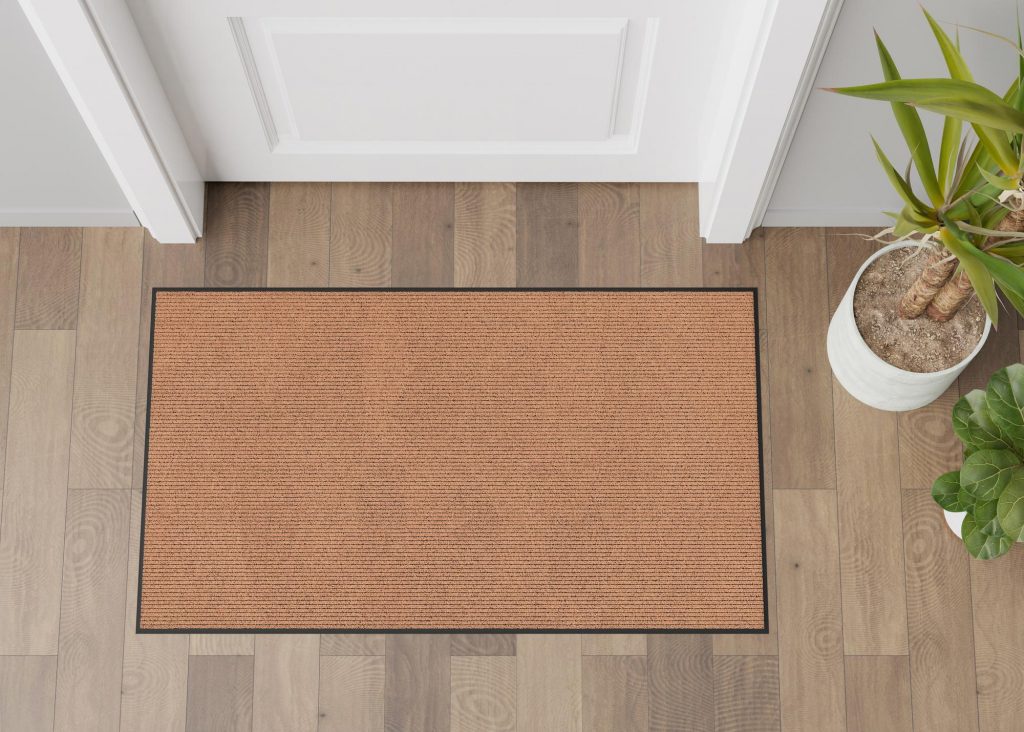Listing Your House: What You Should Say (And Shouldn't)
From Click to Sold; Know What to Say and Not to Say Online
In the event you decide to sell your home, you probably want to get the best price and the fastest sale possible. In today’s tech friendly world, showcasing your home has become easier than ever. With the use of efficient technology, it is now possible to advertise and market your home in a matter of minutes. It is as simple as creating a listing, and potential buyers will be able to browse your home’s features.
There is no longer a need for home buyers to go from house to house in search of their dream home. Online property searches are now available to them wherever they are in the world. If you’re wondering what methods are most effective at attracting home buyers, then this article is for you.
The best way to get your home noticed by buyers is to make sure you say the right things (and don’t say the wrong things). Here are some suggestions for what to include in your listing and what to exclude.

Here are a few things you shouldn't say when listing your house
Square footage is overestimated
Homeowners often overestimate their living space. Adding footage to an attic or loft with sloped ceilings requires checking the height. A living space should only be included if its ceiling is five feet or higher. If your total square footage contains spaces with low ceilings, you should not include them.
Leaving your basement’s square footage may also be a good idea. Also, basement bedrooms should be excluded from your bedroom count. It would be more effective if you included this information in your description. If your home has two bedrooms upstairs and one in the basement, you might consider listing it as “2+ bedrooms.” In your description, you can elaborate on the additional space.
Language that discriminates
The most important thing to remember is to follow fair housing laws and regulations. Discrimination on the basis of race, color, national origin, religion, sex, family status, or disability is prohibited by the Fair Housing Act. Financial penalties or legal action may be imposed if you violate this law. Taking these actions will hinder your home’s sale and put you in a tight financial position.
Advertise that you are a motivated seller
Desperation screams from the words “motivated seller.” It might be true, but it’s not a good tone to set. If you list your property for a price that is on par with your estimated market value, you will attract more buyers. There is a good chance you will receive an offer if you live in a stable neighborhood, and other houses in your neighborhood are selling.
Your listing should contain the following information
After learning what to avoid in your listing, let’s look at what to include. In order to improve your listing’s visibility, you may need to understand what buyers are searching for. Creating your home’s listing can be easy if you know some tips and tricks.
Stick With The Facts
Choosing whether or not to purchase your property is largely based on factual information. You may lose potential buyers or worse, be sued if you misrepresent your home. Before you post your listing, make sure you review all of the information. Your property may also be misrepresented by typos. You might want to avoid listing your home on 10 acres rather than 1 if you want to attract a potential buyer.
Don’t express your personal opinions either. Rather than telling people what they should think, giving them actual information and letting the property speak for itself. Information is preferable to opinions, so it is wise to stick to the facts.
Check out other listing sites
Visit other listing sites to read their descriptions of homes. Seeing what other sellers include in their listings will give you a great sense of what to include. You may also be able to draw inspiration from it when describing your own home. There are usually some great ideas to be found there.

A list of features to include
Home buyers may prefer some features over others. The following features will probably attract buyers to your listing.
- The concept of indoor-outdoor living. A well-designed deck can increase a home’s value, so even if it’s not large, point out how the home can be enjoyed indoors and outdoors.
- Location. The area is more important than the specific home, so emphasize the neighborhood, schools, restaurants, trails, and anything else that makes the area unique.
- An energy-efficient home. It is common for home buyers to look for energy-efficient features that can reduce their energy bills. In addition to contributing to environmental protection, many buyers also want to make a positive impact on the world.
- The garage or shed. Adding a studio to your garage or shed gives you more space in your home. Buying a home with this feature may be an attractive option. Home buyers who want multipurpose space might appreciate it, even though it doesn’t count as square footage.
- Technological advancement. There is an increasing demand for homes with technological enhancements among home buyers. Technology is important for new homeowners who want to feel safe and comfortable in their new homes, from security cameras to Ring Video Doorbells.
Put descriptive words into your writing
When potential buyers walk into your home, they should be able to visualize the features. You should make descriptions clean and concise, not create a vision for them.
It is important to include the characteristics of the home in the description, and to be descriptive, but not too flowery. A statement like, ‘The home features a professional gas range and an oversized marble island perfect for the home chef’ is more quickly consumed than, ‘Imagine cooking Thanksgiving dinner for all your family on your professional gas range while all your pies are spread out on your oversized marble island.
Conclusion
Now that technology has made selling your home easier than ever, you can list your home online. It is important to ensure that your property’s descriptions are accurate if you intend to sell your house without using a real estate agent. It is most likely that potential buyers will be able to access information that is accurate and appealing. Your home may be sold more quickly by having the correct information.
Consider the best language to describe the home you want to sell and how it should be described legally. If you do this, your transition from homeowner to seller will be as smooth as possible.
